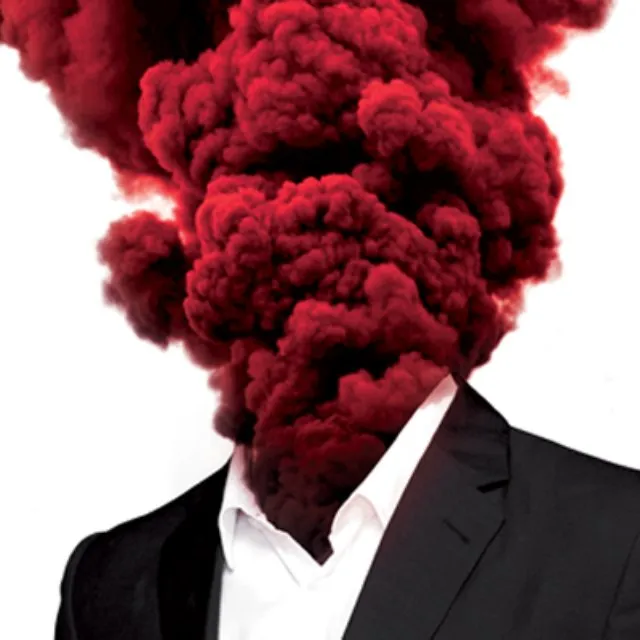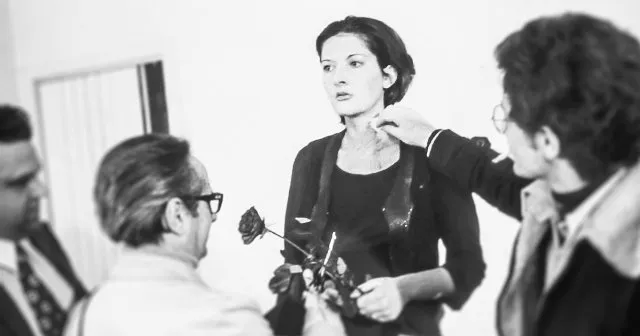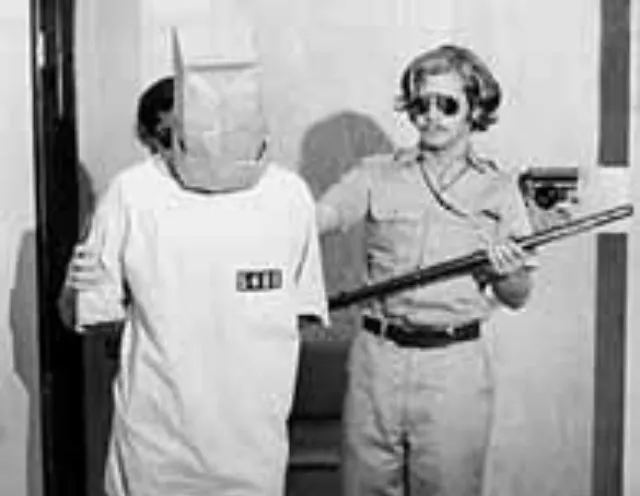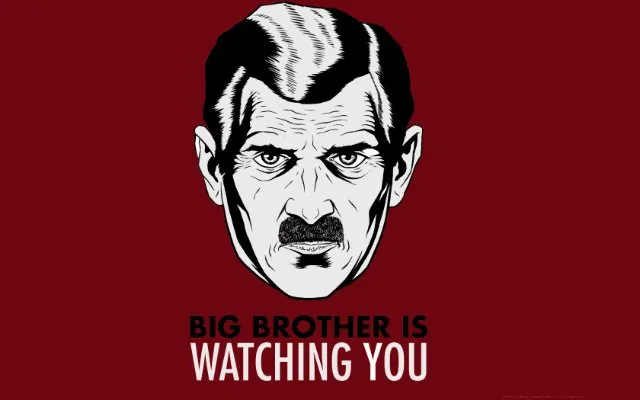
Imagine a world where all laws were instantly cancelled, with absolutely no penalties for anything from smoking weed, to committing murder. What do you think would happen; chaos, or calm?
This mini series will explore the very nature of the laws that govern us; how they have changed, and whether we need them, and how they will change in the face of a growing society, and changing technology.
The Evolution Of Law
The further we go back in human history, the more strange laws we find, that today seem ridiculous, either making us laugh, or recoil in horror.
Sometimes these laws are forgotten about as we progress along our onward journey of societal evolution. At other times, they are repealed, or amended, driven by society's need to improve.
Indeed laws, can in some way be said to be a reflection of the wants and desires of society at large. For example, there is a law in England, which as far as I'm aware, is hardly, if ever at all enforced. The law states that it is illegal to activate your burglar alarm without first nominating a ‘Key-Holder’ who can switch it off in your absence.
Then of course, we have base laws that represent human feeling the world over; for instance, I know of no nation in the world today, whereby murder is legal. Rape is another one, however depending on where you go in the world, will depend on exactly what is considered murder or rape.
So if we're all agreed, that things like murder and rape are wrong; do we actually need a law against them?
Murder Is Murder
The Code of Ur-Nammu, are the oldest known laws ever discovered, they originated from the ancient Sumerian city of Nipur, and are today held in the Istanbul archaeological museums.
If we read some of those 32 laws, we can see how the zeitgeist of the time, influences what is felt to be legal and illegal. For instance, there are quite a few laws on how to recompense the master of female slaves. Or fathers who have had their daughter deflowered.
What is interesting though, is that the first two laws are thus:
- If a man commits a murder, that man must be killed.
- If a man commits a robbery, he will be killed.
Essentially, no other mammal on earth, lives in colonies as large as we do, and inn order for cities to work, there needs to be various codes of conduct, that most people adhere to. So not murdering and robbing willy nilly, are two things that we have almost always agreed upon, to be wrong.
This of course doesn't include sanctioned murder and theft; either by the state or a religious edifice. So it is not so much that the laws stop us doing these abhorrent things to each other. It is that it defines a punishment, should the standard be broken.
The Abandonment Of Hope
So now that we are a sophisticated, 21st century bunch of people, why do we even bother with laws anymore? We know what is wrong, and we know what is right. Is there any way of testing what would happen, if we did such a thing?
Well funnily enough, there have been two notable experiments, which perhaps shine a light on just this subject, and also maybe give us a glimpse into our feudal, and primal past.
The first was an interesting and stark experiment held in 1974, by the performance artist, Marina Abramovic, entitled; Rhythm 0. The performance determined that she would stand in a gallery for six hours, and during that time people were invited to do and say what they wanted to her.
She charged the situation by placing 72 objects on a large table, they were split into two groups, objects of pain, and desire.
The items were as varied as a rose, to a gun with a bullet next to it. At first, people did benign things to her, giving her a rose to hold, drawing on her, kissing her and such. However then the performance took a dark turn. One man cut her neck with a razor blade, and drank her blood, another couple carried her around the room, yet another poured liquid over her head.
There was a frightening moment, when a man loaded the gun, and then gave it to her, and told her to point it at her own head.
What was interesting about the piece, is how long it took people to step in, when they felt things were going too far. It somehow gave us a look at a microcosm of society, and reminded us that not everyone's motivations are the same.
Some people have a tendency towards behaviour that the rest of us would call, bad, others good, and yet others still, indifferent.
The People's Prison
Another fascinating experiment; also in the 1970s, which almost definitely, would not be allowed to go ahead today, in most countries in the world, was the Stanford prison experiment.
In this fascinating study, a group of students were split into two parts; prisoners, and guards. What is particularly interesting about this experiment, is that it was originally designed to investigate the psychological effects of perceived power. Both on the people wielding that power, and also the recipients.
However it allowed us to view people as they would behave without an overarching, governmental rule of law. The head of the experiment, psychology professor, Philip Zimbardo, played the rule of warden, he of course was meant to be there as an observer. Though once into the experiment, it became clear, that he too became one of the subjects.
The group represented what might happen in a situation where there was no law, no police; and justice was left to vigilantes and militia.
To cut a long story short, the study produced some pretty disturbing results, especially when you bear in mind that the students were picked on certain criteria. None of them had any previous experience with any correctional facilities, either as prisoners, or otherwise. In fact they were chosen for the very fact that they had clean police records; they were also picked, as they were deemed to have, strong psychological constitutions.
Looking After Big Brother
As with both of the experiments named above, we the people, give our collective permission to governments, and police forces, to govern and police us.
We do this, as it is a great way to circumvent, what might otherwise be complex situations; after all, it is much better to have laws that cover a range of crimes, than specific reactions for the multitude of different criminal activities out there.
So the overwhelming feeling is that yes; we do need law, and without it we would encounter some pretty strange and disturbing outcomes. However that law is a changing and evolving, living beast. It is a reflection of us as a society, and without it, life would go back to being feudal, and brutal.
We just have to be aware, that the law makers, and enforcers, are there because of us, they carry out our will, and watch over us with our blessing, and so; the only ones who can watch over the watchers, is us.
In my next article in the series, I will be taking a look at religion's role in law, in Has Religion Hijacked Our Moral Compass?
WHAT DO YOU THINK, DO YOU SUBSCRIBE TO AN ANARCHISTIC SOCIETY, DO YOU BELIEVE THAT WE NEED LAWS? CAN WE EVER LIVE WITHOUT THEM, OR DO SOME PEOPLE JUST NEED TO BE KEPT IN CHECK. AS EVER, LET ME KNOW BELOW!





